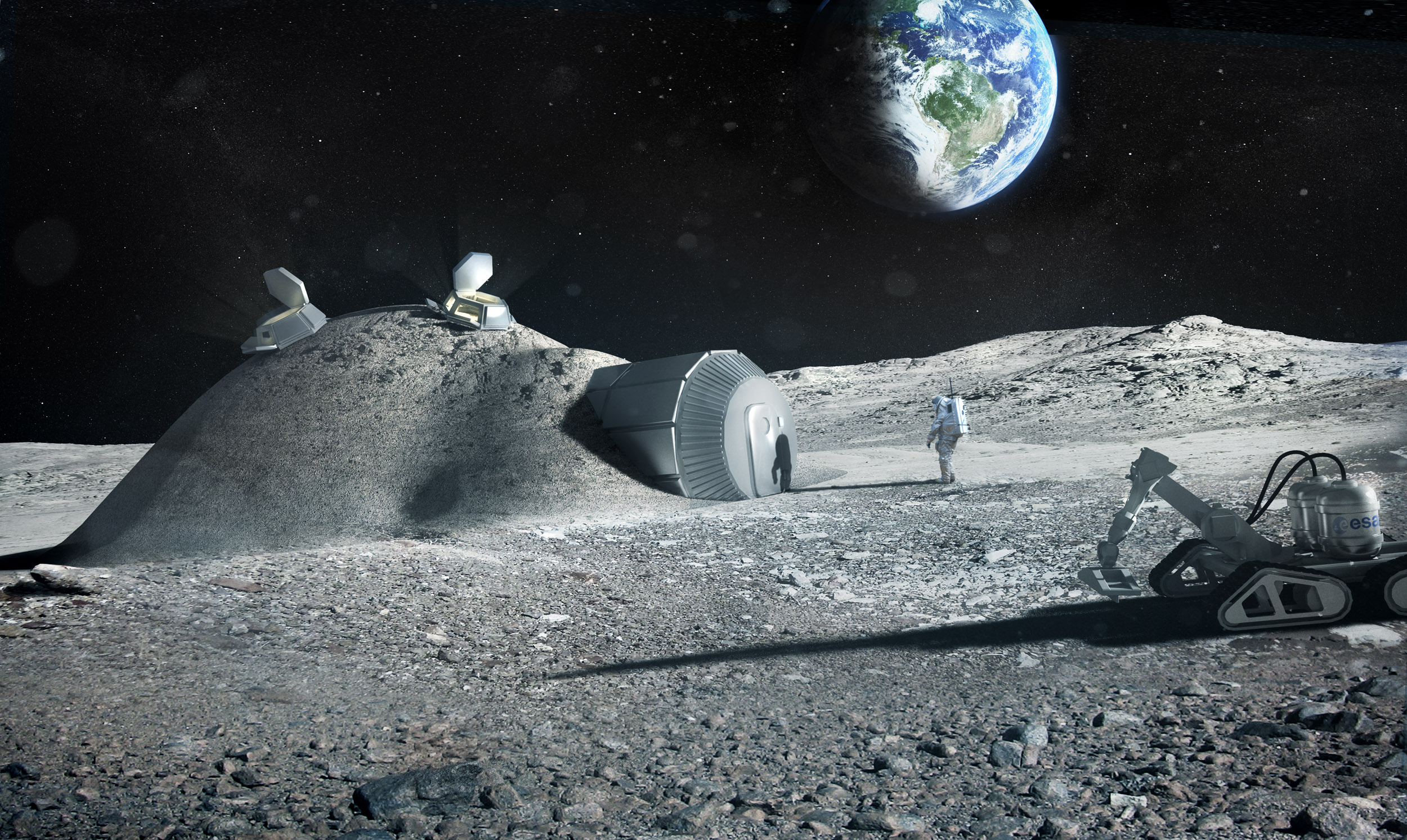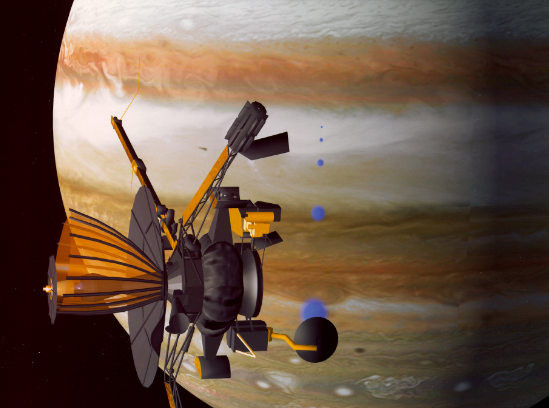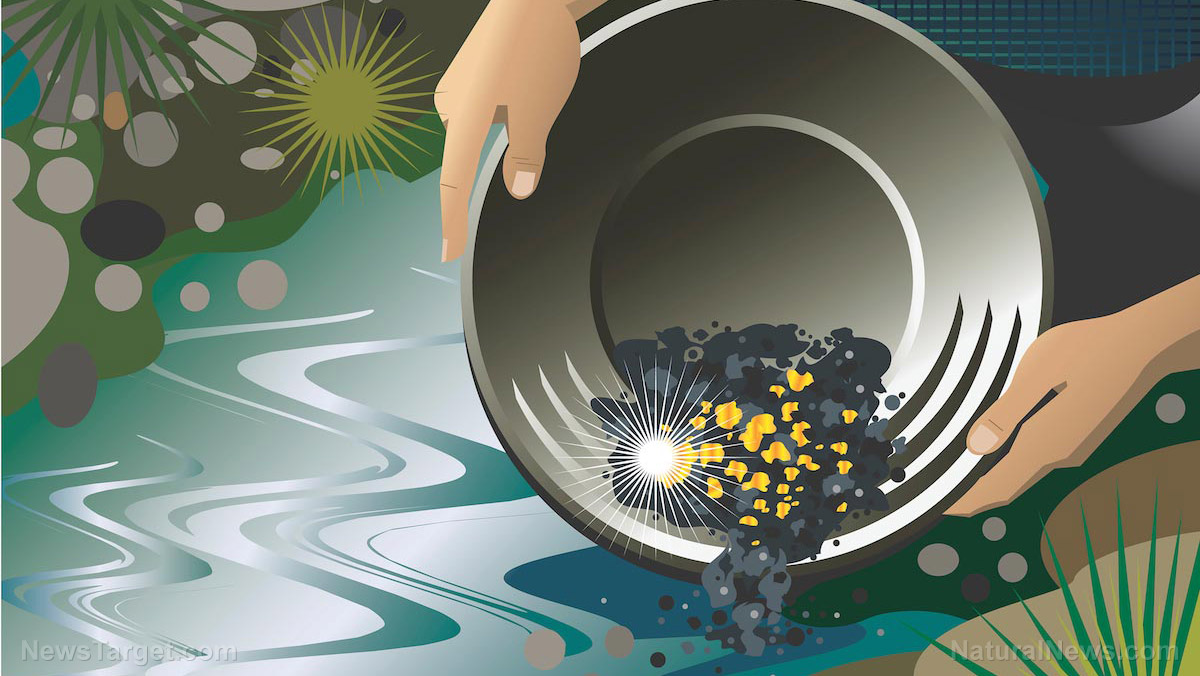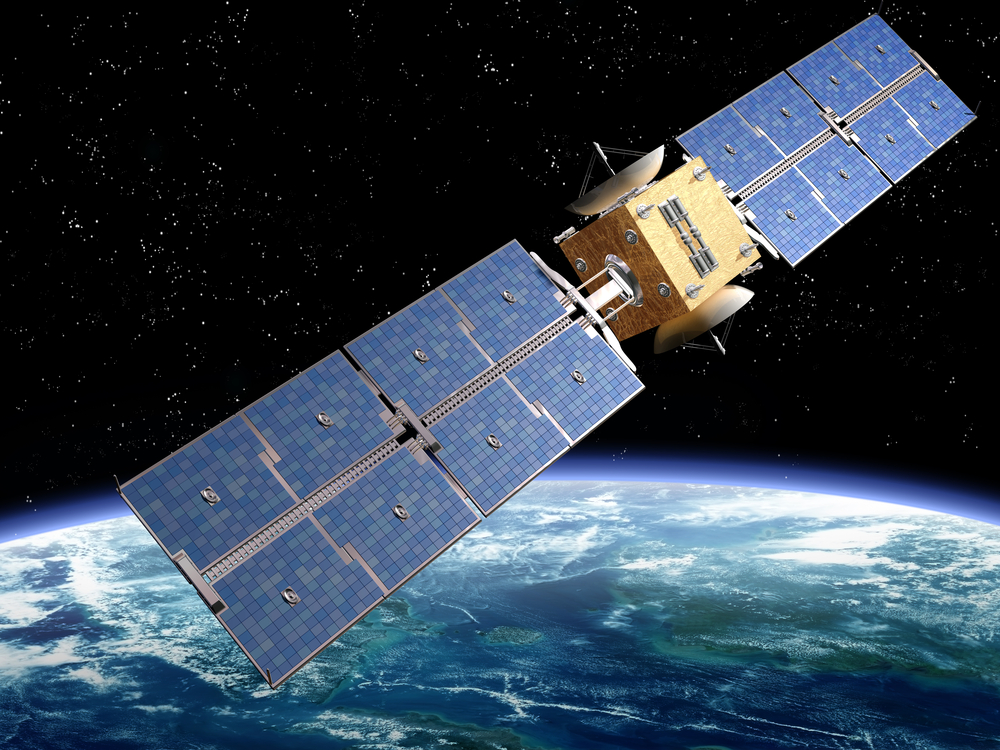China to begin construction of LUNAR BASE using moon soil
04/20/2023 / By Kevin Hughes

China plans to begin the construction of a lunar base in about five years using bricks made of moon soil, according to scientists connected to the project.
The South China Morning Post (SCMP) first broke the news, citing a report by China Science Daily (CSD). Ding Lieyun, a scientist at the Huazhong University of Science and Technology (HUST), told the outlet that the first brick would be made from moon soil during the Chang’e 8 mission scheduled in 2028.
In a separate interview with Changjiang Daily, Ding said his team is designing robots called Chinese Super Masons to build bricks out of lunar soil. These robots will be launched during the Chang’e mission. The scientist added that China seeks to recover the world’s first soil sample from the far side of the moon by 2025.
“Building a habitat on the moon is needed for long-term lunar explorations, and will certainly be realized in the future,” Ding told CSD. “Eventually, building habitation beyond Earth is essential not only for all humanity’s quest for space exploration – but also for China’s strategic needs as a space power.”
SCMP also reported that Yu Dengyun from the China Aerospace Science and Technology Corporation had given an updated timeline for the next three Chang’e missions. Chang’e 6 will launch in 2025 to collect soil samples from the far side of the moon, while Chang’e 7 will launch in 2026 to look for water ice. Lastly, Chang’e 8 will launch in 2028 with the Chinese Super Masons to build the moon base.
However, the interview did not clarify whether the entire base will be constructed with lunar soil. Beijing has earlier stated that the planned lunar base will be powered by nuclear energy. It will also include a lander, hopper, orbiter and rover – all of which would be made by the three aforementioned Chang’e missions.
China already making giant leaps on the moon
According to the SCMP, the remarks came amid China’s first Extraterrestrial Construction Conference at the HUST. More than 100 Chinese scientists, researchers and space contractors attended the conference held in the city of Wuhan.
The moon base is the latest move in Beijing’s plan to assert cosmic superiority. It has already sent probes to the moon, constructed its own space station and is also setting its sights on Mars. According to a state media report, the Chang’e 5 mission first got soil samples from the moon’s near side in 2020.
In 2021, China officially declared its plans to construct the International Lunar Research Station in collaboration with Russia. This is planned to be fully autonomous at first, with robots performing tasks such as exploiting local resources. (Related: China, Russia sign agreement to build space station on the moon, the “high ground” above planet Earth.)
China’s progress in space has been stunning in the last few years, and this includes landing a rover on the far side of the moon for the first time; sending rovers, landers and orbiters to Mars; and constructing its own space station on Earth’s orbit.
Last month, Beijing stated its intent to bring its taikonauts (Chinese astronauts) to the moon by the end of the decade. The nation has said that it wants its astronauts to remain on the moon for long periods once it sets up a lunar research station.
Follow Space.news for more news about moon missions.
Watch this video about China’s plan to build a lunar base using moon soil.
This video is from the High Hopes channel on Brighteon.com.
More related stories:
Space race? Russia to partner with China to build the first lunar base after rejecting US space deal.
China may try to claim the moon as prize if it beats US in space race.
China could claim parts of the moon, NASA head warns.
Russia plans to install nuclear-powered observatory on its future moon base.
NASA-Space Force agreement may pave the way for a military moon base.
Sources include:
Submit a correction >>
Tagged Under:
big government, Chang'e missions, China, Chinese Super Masons, cosmic, future science, future tech, Lunar Base, moon base, moon soil, national security, robotics, robots, Space, space exploration, Space Race, taikonauts
This article may contain statements that reflect the opinion of the author
RECENT NEWS & ARTICLES
COPYRIGHT © 2017 FUTURE SCIENCE NEWS

















